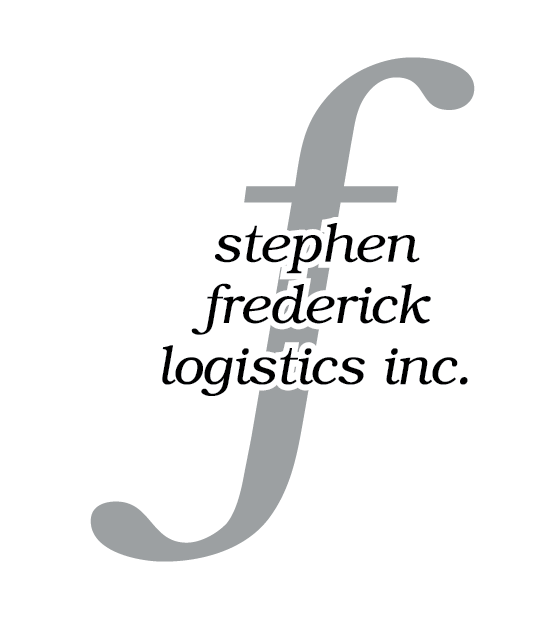Customs Disclosure
Importing or exporting items through US/Canadian customs can sometimes be an overwhelming process, especially for those who do not frequently do so. Mistakes can occur for even the most seasoned importer/exporter, so what should a company do if a paperwork error has been made and submitted?
“Section 637 of the Mod Act amended section 484 of the Tariff Act of 1930 and imposed on importers for the first time a statutory duty to exercise “reasonable care” in providing CBP with accurate and timely classification, appraisement and other data upon importing cargo. CBP then establishes the final classification, appraisement and rate of duty applicable to an imported good based on the importer’s data. Importers face penalties for failing to exercise reasonable care.”
Failure to exercise reasonable care with regards to information presented to customs can result in some serious penalties, of which are listed in Section 592 of the Tarrif Act:
Section 592 infractions are divided into three categories of culpability, each giving rise to a different maximum penalty:
- Fraud, an act or omission done intentionally to defraud the United States Department of Revenue. The maximum civil penalty for a violation is the domestic value of the merchandise in the entry or entries concerned.
- Gross negligence, an act or omission with actual knowledge of, or wanton disregard for, the relevant facts and a disregard of section 592 obligations. The maximum civil penalty is the lesser of the domestic value of the merchandise or four times the loss of revenue (actual or potential). IF the infraction does not affect revenue, the maximum penalty is 40% of the dutiable value of the good.
- Negligence, involving a failure to exercise due care in ascertaining the material facts or in ascertaining the obligations under section 592. The maximum civil penalties are the same for gross negligence, except the lesser of twice the domestic value of the merchandise or twice the loss of revenue is used. The penalty cannot exceed 20% of the dutiable value.
With the penalties looming why would an importer want to self audit and report errors? Federal Law in the US and Canada indicates that if the importer uncovers an error and self reports to customs, it allows customs to collect the proper amount owed with interest. This set up known as prior disclosure, is essentially a get out of jail free card, that allows companies to truthfully declare any errors without being audited.
For more information on what should be done when an error in disclosure occurs:







